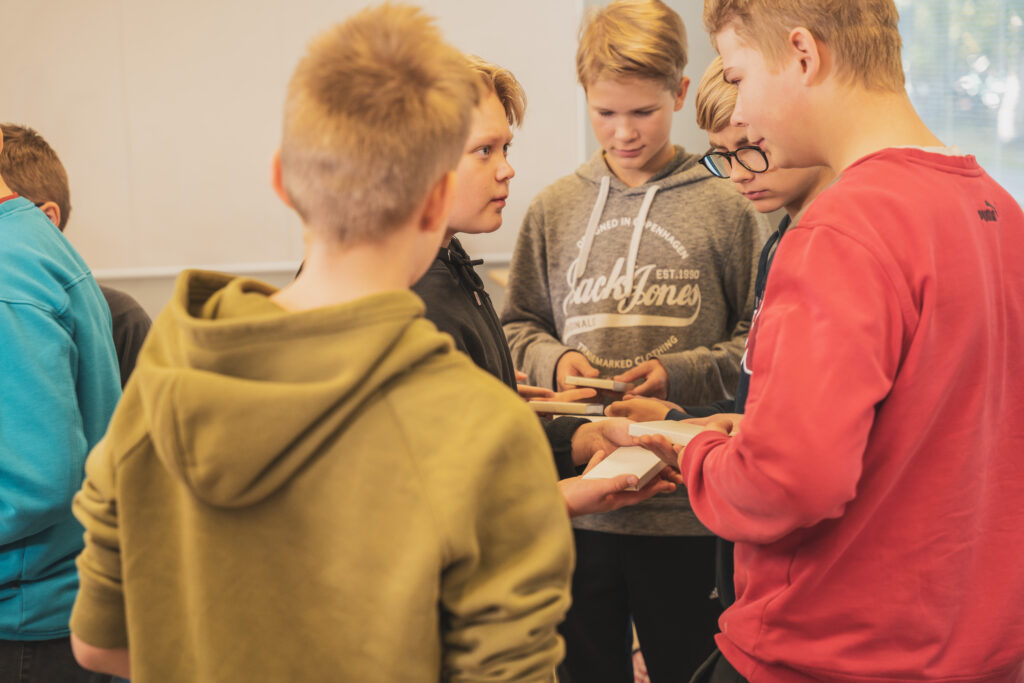Guidance counselling

Guidance counselling promotes the success of the pupils’ school work, progress of studies, and the performance and effectiveness of education.
The guidance forms a continuum that extends throughout the pupil’s years in basic education to subsequent studies. Guidance is especially important in educational transition points as pupils move to a different school or make choices concerning their studies.
In grades 1 to 2 of basic education, the main responsibility for improving learning-to-learn skills and guidance counselling lies with the class teacher, who works closely together with the homes. In grades 3 to 4 and 5 to 6, the class teacher focuses on subject choices in accordance with the distribution of lesson hours and emphases of studies in their guidance in cooperation with the subject teachers and the guidance counsellor if necessary.
In grades 7 to 9, subject teachers and guidance counsellors work together, guiding each student to develop their learning-to-learn skills and to perceive the impact of their choices on studies and the future. Multidisciplinary and administrative cooperation is utilised in particular to secure the continuation of the studies of pupils in need of special support or in danger of dropping out of education.